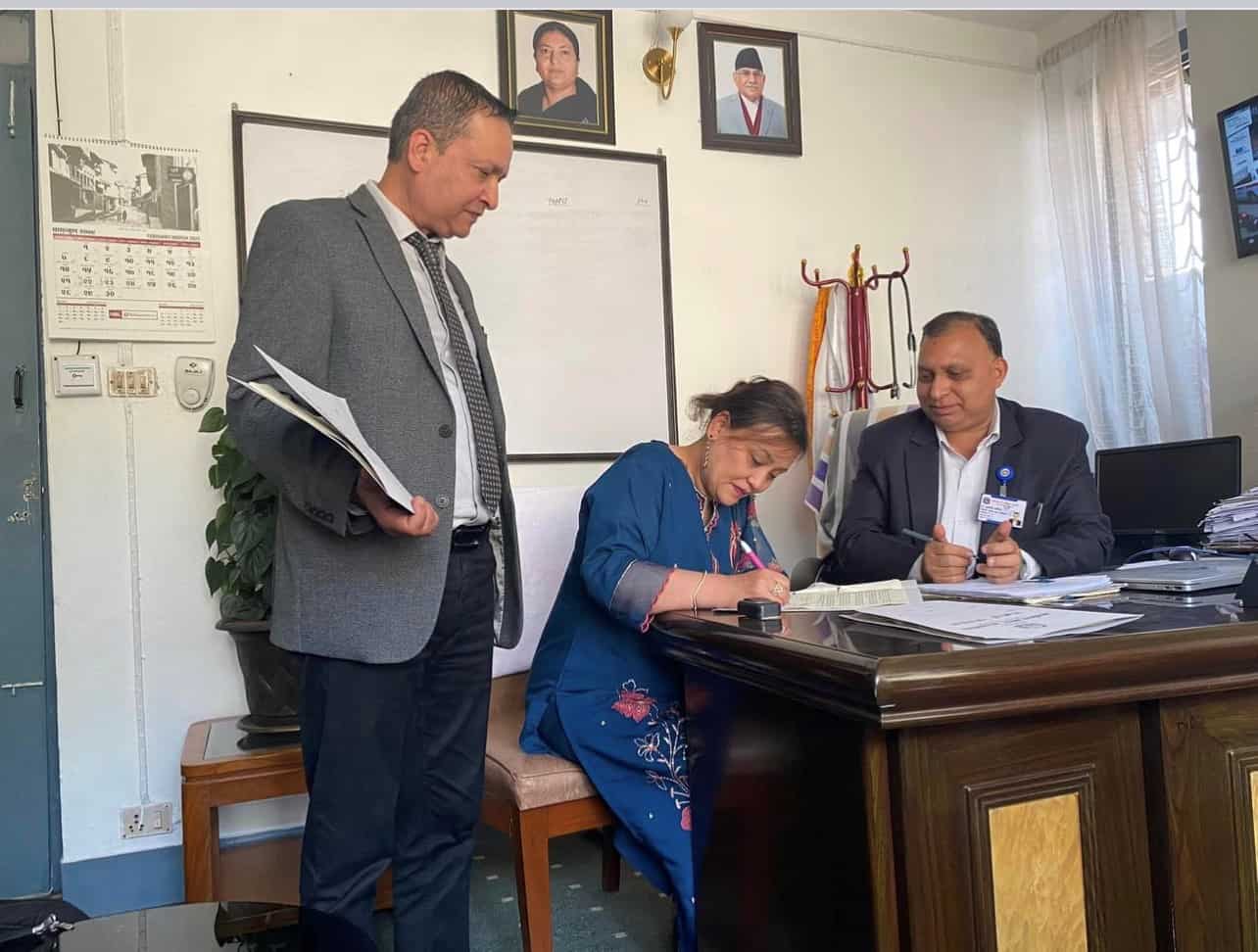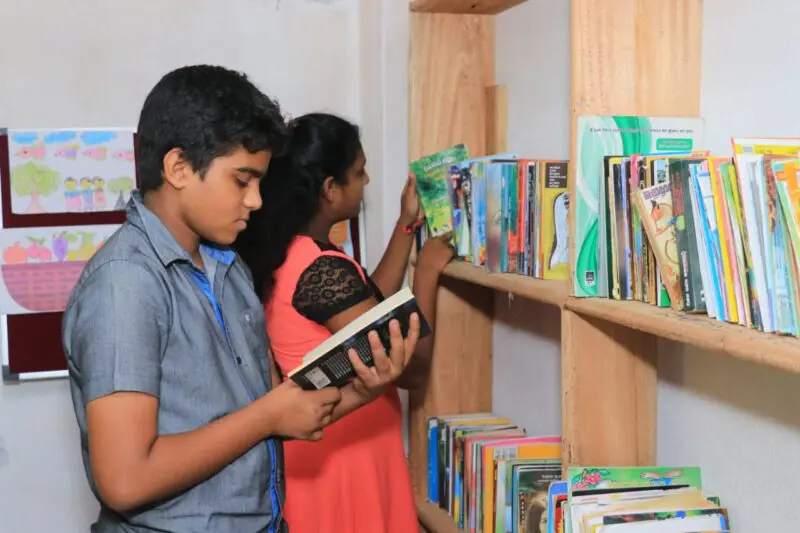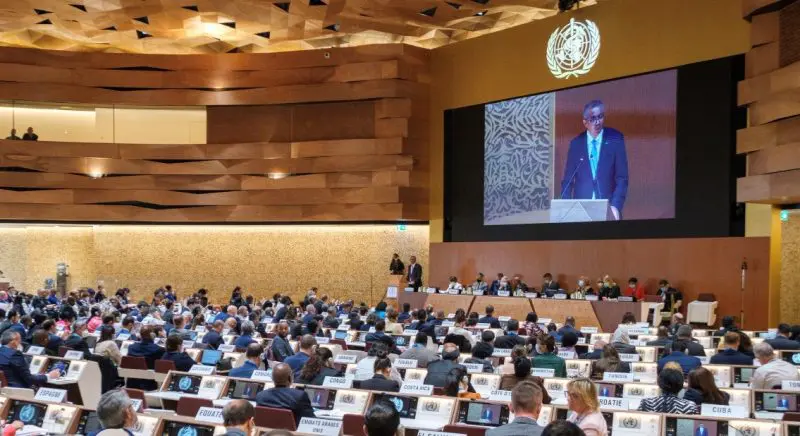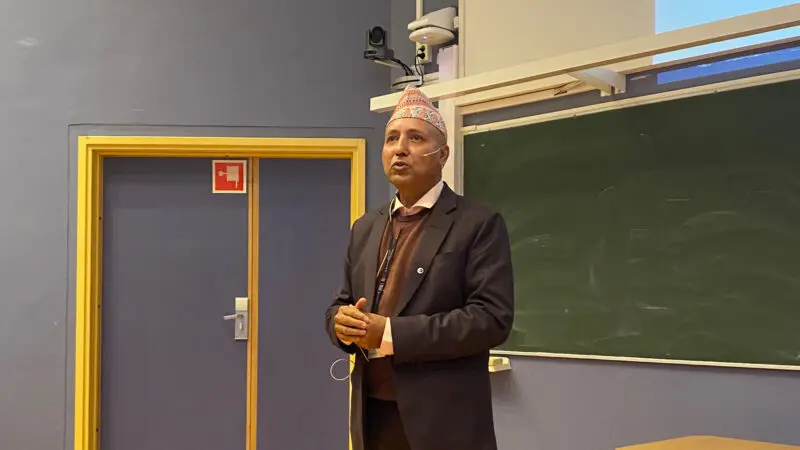FORUT and CWIN Nepal jointly took the initiative to start Nepal’s very first child and adolescent psychiatry service in Nepal in 2015, and now we once again see a major step forward as the result of this initiative.
Kanti Children’s Hospital this week signed a Memorandum of Understanding with FORUT’s partner CWIN about the continuation of the project and the further expansion of services. It was done with the approval and support of the Ministry of Health and Population.
Better services
FORUT’s International Programme Director Staale Stavrum is very satisfied with the green light given by the Ministry, and commends their will to innovate and expand in close collaboration with civil society actors.
Services will be significantly strengthened with the opening of a new in-patient ward for children who need specialist observation, assessment and treatment for their mental health issues.
Expanding from only out-patient, day clinic services to in-patient services with possibility for overnight stay, represents a huge step up in terms of the quality and scope of the services.
A neglected field
The initiative began after the disastrous earthquake in 2015, with the establishment of an out-patient department (OPD) at Kanti Children’s Hospital in Kathmandu, which is the only national children’s hospital in Nepal.
The issue of child and adolescent psychiatry was at that point totally neglected in Nepal. The nation lacked human resources and had no system that could respond comprehensively to children’s mental health issues.
Serving children
In December 2021 FORUT’s back donor NORAD awarded a special grant to the Child and Adolescent Psychiatry and Mental Health (CAPMH) project in support of establishing the first-ever in-patient department (IPD) to serve children and adolescents in Nepal.
The absence of such services has up to now forced parents and social services providers to send children who need professional attention and treatment to adult mental health facilities. This can in itself be disturbing and traumatising, and does little to aid the children’s recovery from major mental health issues.
Very little attention had been given to child mental health up to 2015 in Nepal, so this means that CWIN and FORUT have had to break new ground.
Thus, this project has required them to do intense advocacy and lobbying with a wide range of stakeholders in order to clear the way for developing a sustained national child mental health system in the whole country.
Further capacity and knowledge
As pioneers in the child and adolescent psychiatry in Nepal, CWIN and FORUT also have the responsibility to build further capacity and knowledge. They have had to raise awareness among children, parents and policy makers, to increase outreach and to innovate so that they have contributed to the building of a national child mental health system.
Integrating services in the governmental system is the approach that holds the greatest potential for extending equitable services on a national scale. Changes are needed immediately, as there are millions of Nepali children who deserve and would benefit from various forms of mental health support.
-Getting the governmental health system to work together with civil society organisations may be a challenging exercise, but it is nevertheless the best way forward for expanding services coverage and quality.
-It is also the approach that the World Health Organisation recommends, says FORUT’s International Programme Director Staale Stavrum.






